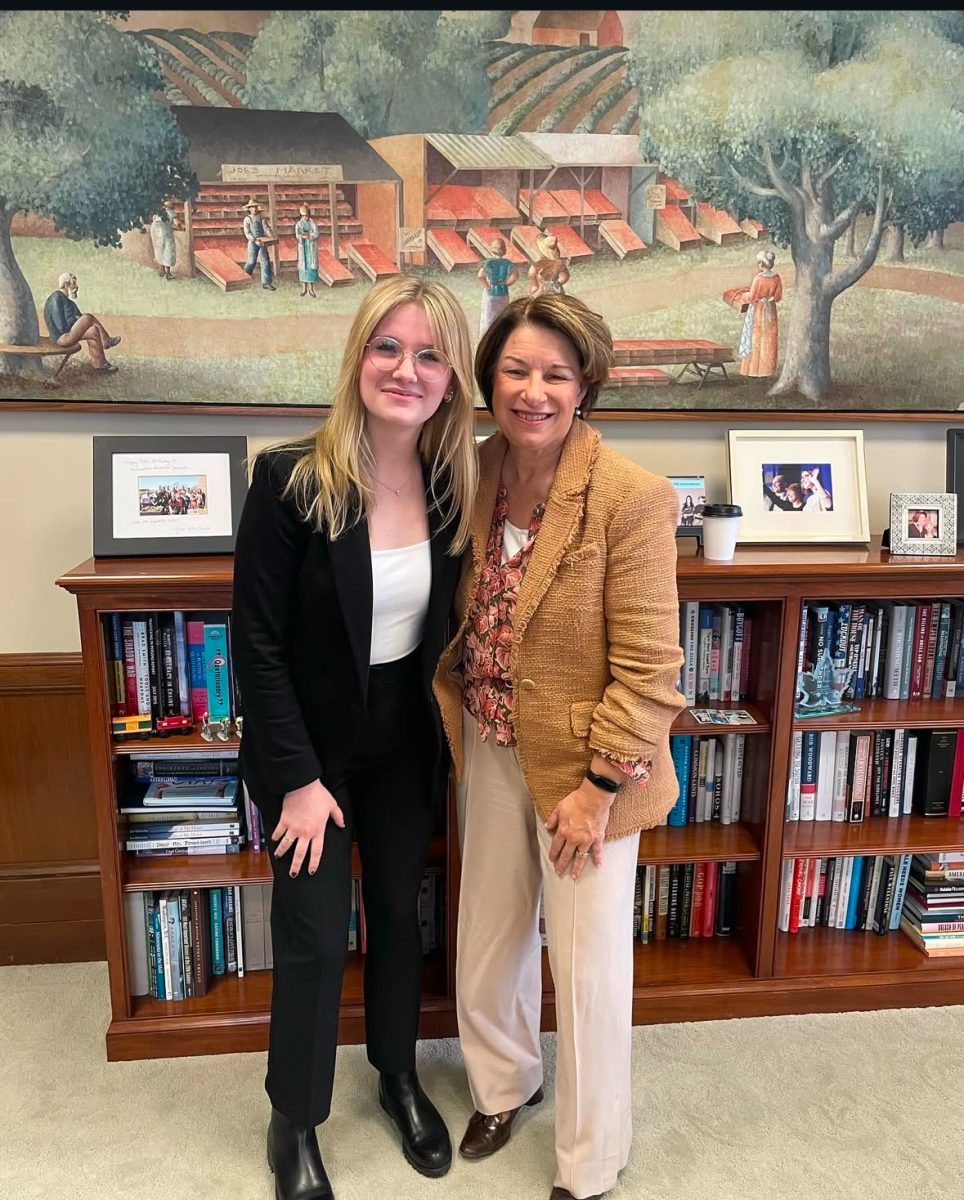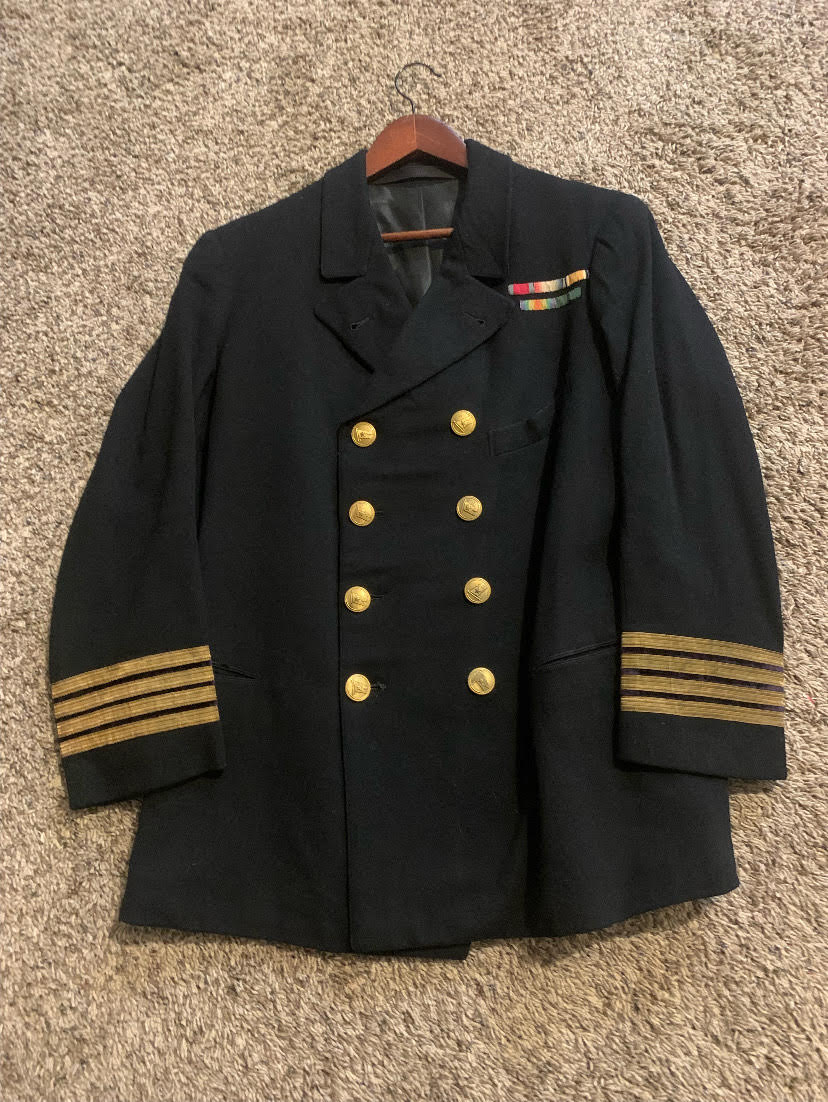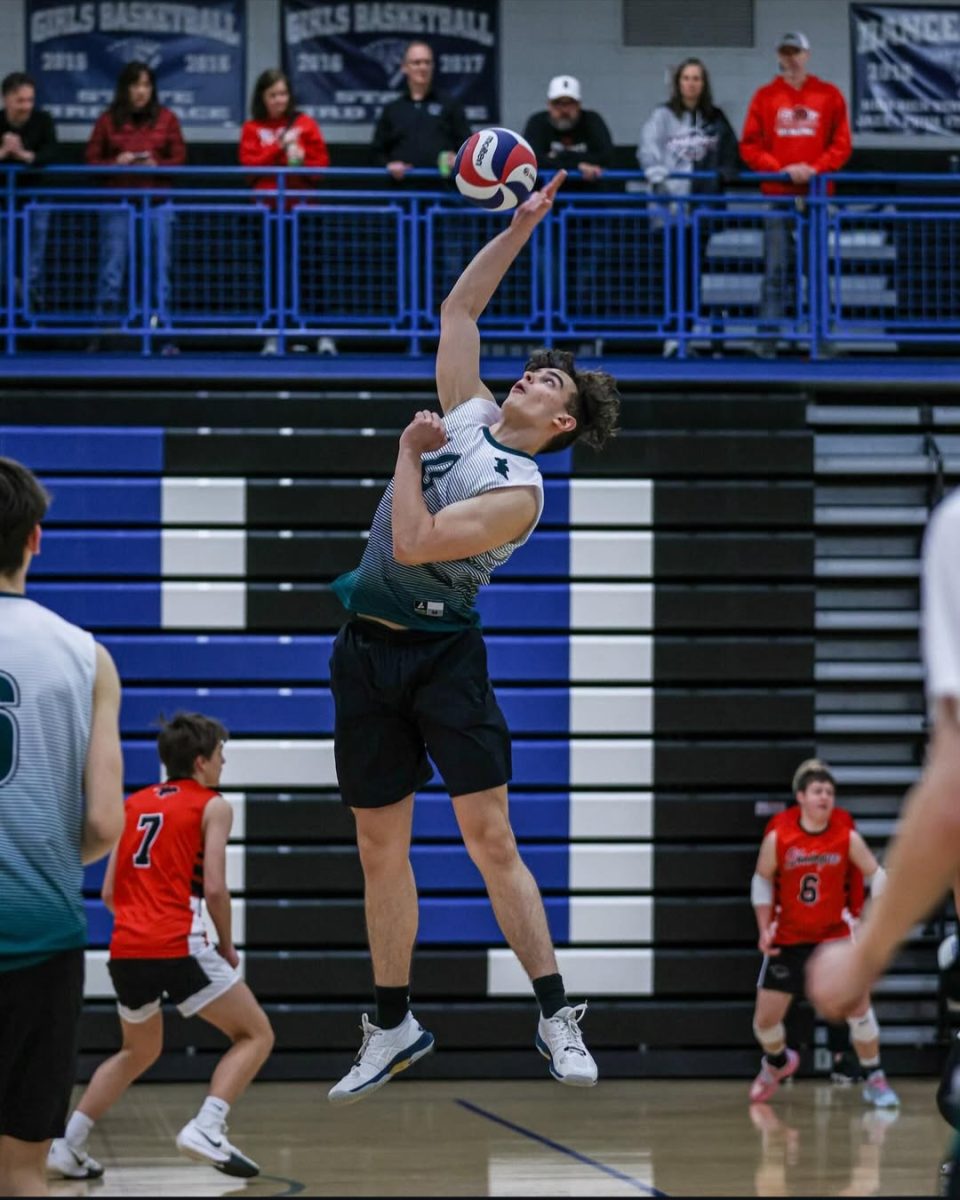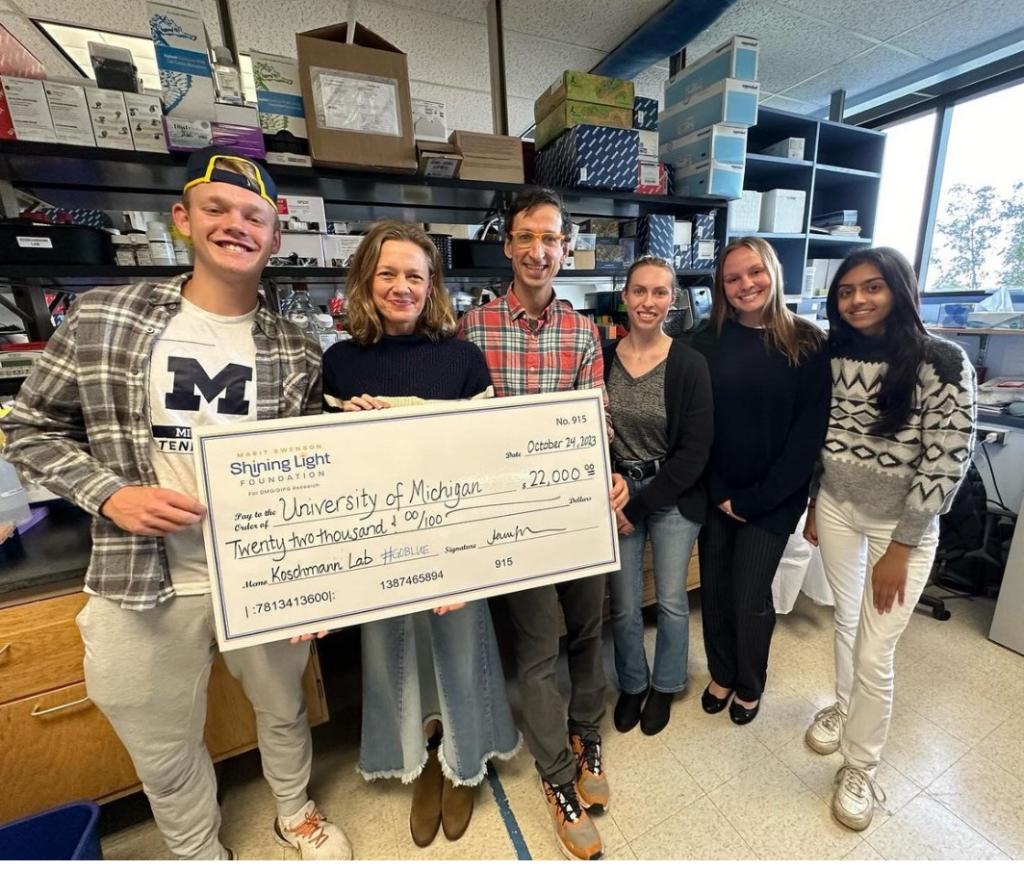Marit Swenson was a freshman at Mounds View High School in 2017. She was a kid who found it easy to make friends with those around her. “She’s just like, really a sweet, sweet girl who was one of those kids that was kind of friends with a lot of different groups in school, […] so she had orchestra friends, [… and] she had tennis friends,” said Jennifer Swenson, Marit’s mother and founder of the Marit Swenson Shining Light Foundation. Marit is also described by her family as a caring older sister. “She was always there to help and figure out stuff I couldn’t,” said junior Birk Swenson, Marit’s brother.
In early 2017, Marit was diagnosed with Diffuse Midline Glioma (DMG), also known as Diffuse Intrinsic Pontine Glioma (DIPG). According to the Brain Tumor Center, the University of California San Francisco’s health science page, this is a type of pediatric brain cancer where a tumor is formed in the brain stem. The tumors are grown from the glial cells, which are a type of supportive cell in the brain.
Marit underwent a high-risk 12-hour surgery that removed the tumor initially, but then after she went through several months of radiation therapy, the cancer came back and metastasized. On Aug. 29, 2017, Marit passed away peacefully surrounded by her family.
The Marit Swenson Shining Light Foundation was created in 2020 in order to help fund medical research into the causes and cures of DIPG. In the past, childhood cancer research funds received approximately 4% of the National Cancer Institute’s budget, with DIPG being a smaller minority. This means that most of DIPG research is funded by private patrons and donors.
The foundation’s goal last year was to raise $22,000 for Marit’s 22nd birthday. They reached and surpassed that goal by raising about $50,000. Part of the money was donated to the University of Michigan’s Koschmann Lab, where they work on research towards DIPG pediatric brain tumors.
The organization also advocates for government legislation that impacts medical research funding for DIPG. Some of the legislative initiatives consist of the Childhood Cancer Data Initiative and the Childhood Cancer STAR Act, which promote awareness of childhood cancer and support cancer recovery. “[A goal of ours is] just spreading awareness that this rare cancer and a lot of other rare cancers really don’t get the funding that you would think,” said Jennifer Swenson.
In the future, the foundation hopes to support early career researchers and continue helping with the research of less common childhood cancers as they team up with other non-profit organizations, such as the DIPG Research Funding Alliance.
Overall, the main goal of the foundation is to help and support others dealing with the same problems. “We just decided we wanted to do something to honor Marit and also help kids diagnosed with [cancer] in the future,” said Jennifer Swenson.














![[DEBATES] Prestigious colleges: value or hype?](https://www.mvviewer.org/wp-content/uploads/2024/12/buildings-1200x654.png)































![[OPINION] The dark origins of TikTok's looksmaxxing trend](https://www.mvviewer.org/wp-content/uploads/2024/02/Copy-of-Copy-of-Untitled-Design-1200x675.png)











